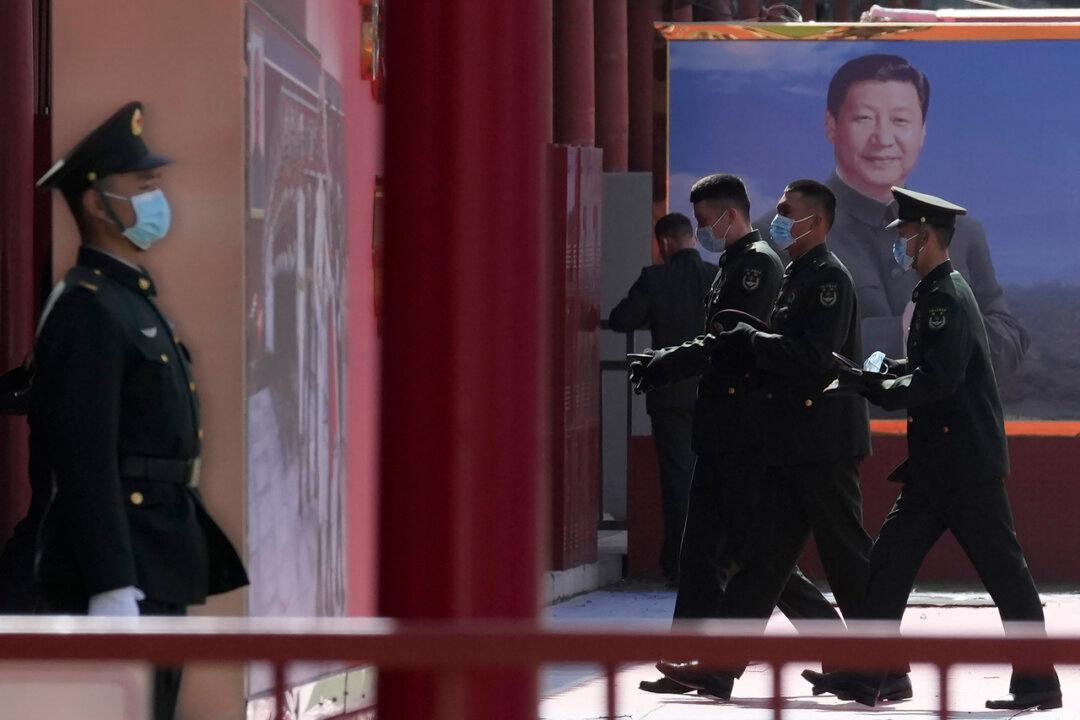Communist China is a “common component” of many of the challenges facing the international community, Taiwan’s minister of foreign affairs said during a panel discussion in Ottawa coinciding with the 33rd anniversary of the Tiananmen Square massacre.
Minister Wu Jaushieh made the opening remarks at the webinar, titled The Challenge of China and hosted by the University of Ottawa’s Human Rights Research and Education Centre (HRREC) on June 2 and 3.






